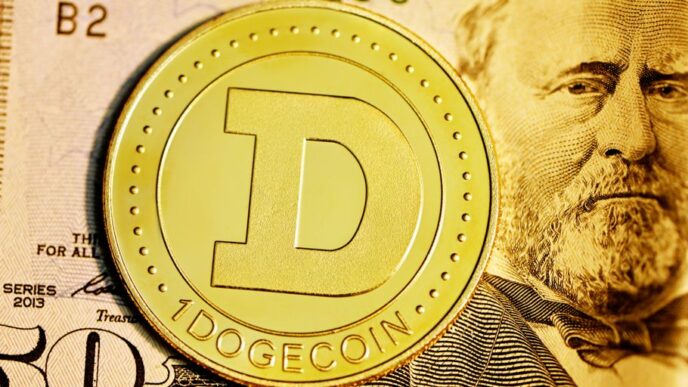People usually hate too much interference when it comes to the way they send or spend their own money. And many have been drawn to using and trading cryptocurrencies due to the ease of transactions and the security it provides.
Banks control how and when a transfer will be made, and cannot always be trusted to answer questions about tracking completed transactions, which can be very frustrating to customers. These institutions often put a limit to what one can send. In addition to this, they demand relatively high fees.
There have also been more than several hacking incidents and illegal transfers that have occurred in the past, which seems to point to the opinion that banks cannot really guarantee the security of one’s savings.
While one may keep their savings and investments in traditional banks, it is also wise to diversify one’s financial portfolio, and investing in crypto is one option. Cryptocurrencies or digital currencies are in essence digital cash. It is built on blockchain technology, a decentralized and distributed digital ledger.
It is decentralized because no one person or group of persons is in charge. All nodes or miners on the network have to agree before a change is made, making data immutable and almost impossible to hack.
Data is also distributed across all nodes as each one has a master copy of all transactions ever made. This means that if, for instance, a node becomes out of commission, all other nodes on the network still have a copy of all of its transactions. No data is lost.
However, like stocks, the value of cryptocurrencies is subject to fluctuations, meaning it can rise and fall. Still, also much like stocks, many continue to invest and profit from cryptocurrency trading. In fact, it is one of the markets that has boomed during the pandemic—in contrast to the stock market crash experienced during the onset of the spread of the coronavirus.
There are different types of digital currencies that one can buy from cryptocurrency exchanges. There are actually several different implementations of Bitcoin, the pioneer digital currency created by Satoshi Nakamoto, and other cryptocurrencies that have emerged after Bitcoin, which are called altcoins. There are also stablecoins, which were modified technically to have it pegged to have values equivalent to national currencies, like the U.S. dollar digital currency (USDC).
Whichever cryptocurrency a person may choose to own or trade with, it is necessary to open a crypto wallet that can be used to buy and sell at crypto exchanges. Crypto wallets are also where these digital currencies can be stored and where one may be able to manage or control them.
Crypto wallets use a mnemonic passphrase usually made up of 12-24 words to secure accounts. There are wallets that are apps that may be installed on mobile devices, and there are also web-based wallets.
Some have forgotten and lost their passphrases resulting to millions in lost assets, so it is advisable for the currency holder to write it down and hide it in a safe location that is accessible only to the owner.
Desktop wallets use external hard drives to store cryptocurrencies. The owner has the option to keep it in a safe, or in a bank’s safe-deposit box for additional security. The downside is that once the hard drive is lost, all cryptocurrencies that are in it can never be retrieved.
One must also keep in mind that there is the possibility that an unforeseen incident might happen to the owner, so there should be a will made about this asset that gives the inheritor or executor the passphrase and instructions, which will enable them to control and use it. Cryptocurrencies may be digital, but they should be safeguarded like any other asset, and it is highly important to keep crypto wallets safe.













